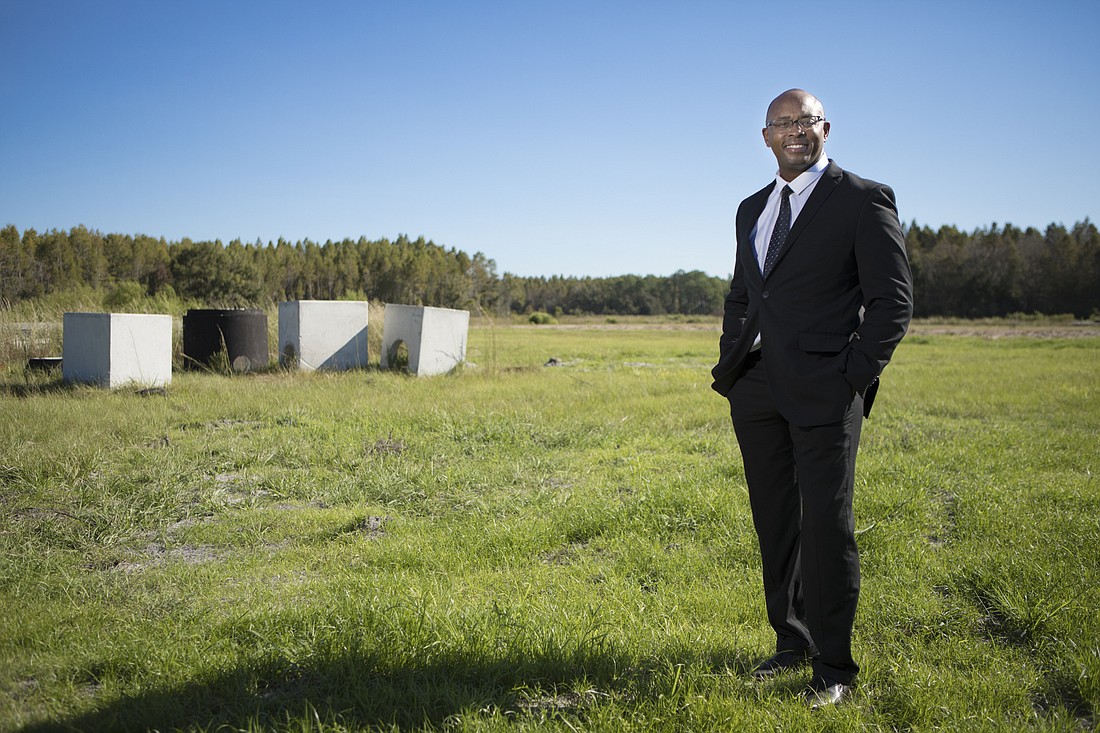- December 13, 2025
-
-
Loading

Loading

Under a new public-private partnership that kicked off with a $4.3 million state grant, Pasco County officials are taking a unique approach to economic development.
Dubbed the Forensics Institute for Research Security and Tactics, or FIRST, the project aims to make Land O’Lakes, in southern Pasco, one of the nation’s leading destinations for what officials call police tourism. Another primary goal: produce a new generation of forward-thinking public safety leaders who think and operate more like results-driven businesspeople.